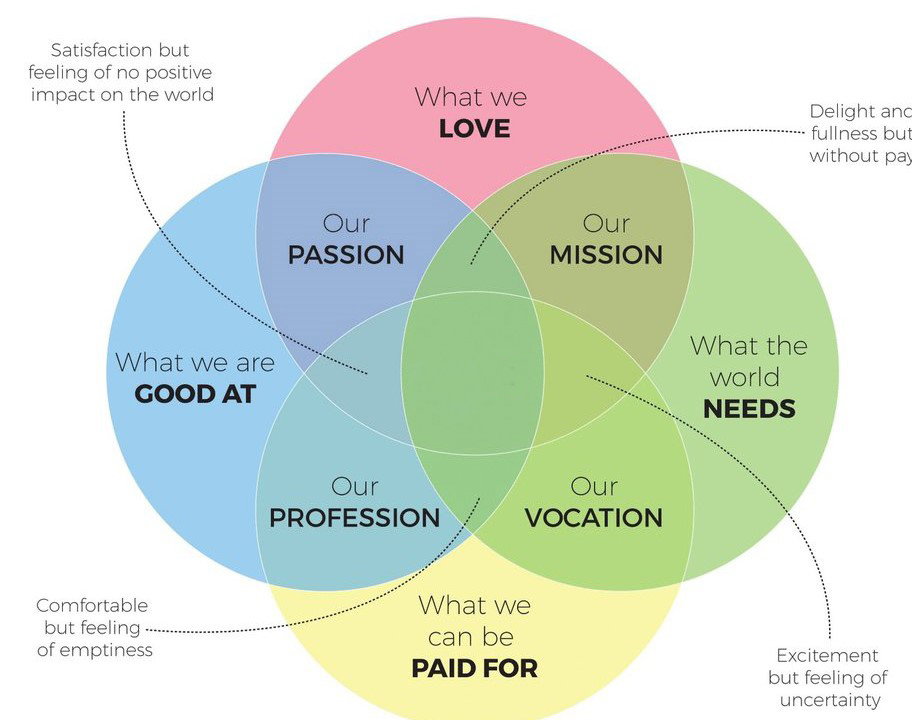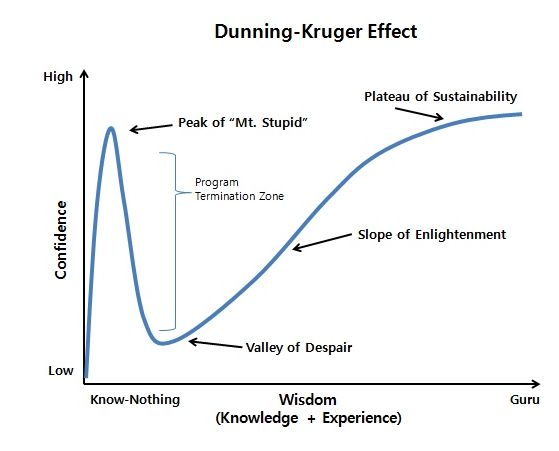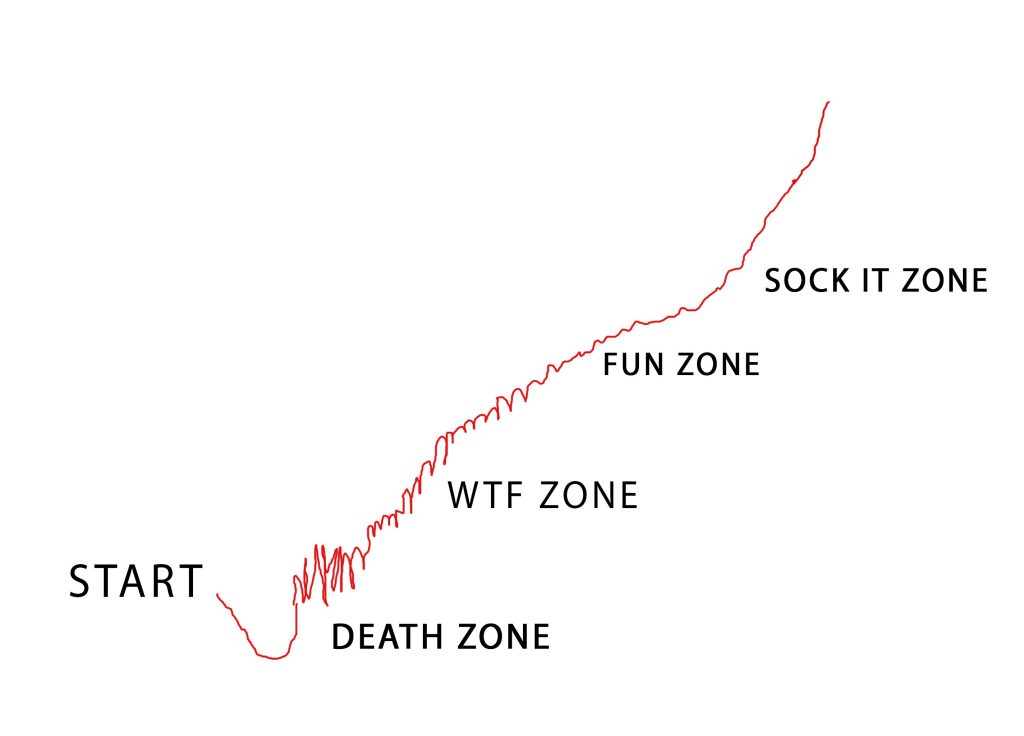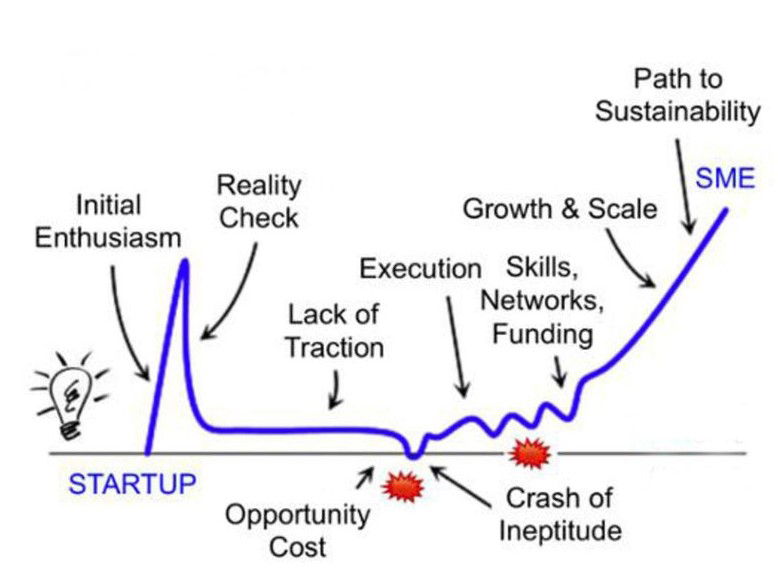Hi Guys, What’s up?
I have been thinking to become rich since I was a child. Who doesn’t wish to be as rich as Jeff Bezos, Bill Gates or even Mukesh Ambani Right? So Which job gives lots of money? Wait Wait! Did I just said job? Doing Job can never be a solution if you wish your Income Vs. Year graph to be exponential Instead of making it linear.
Hope the above paragraph would trigger the word “Startup” or “Entrepreneurship” in your mind. In this blog, I will give you a basic idea about how the journey of an Entrepreneurship would be.
I am inspired to write this blog from the workshop I have attended on start-up to VC by Jay Krishnan at IIM Ahmedabad.
The first step:
The very first step for a startup is to decide what will be the most suitable idea for our startup. For the selection of the startup idea, we need to ask few questions to ourselves:
What does the world need?
What do we love?
What we are good at?
What we can be paid for?
Let’s defined few words using the above questions.
Passion: If we love something to do and we are good at doing it, it is called our passion.
Profession: If we are good at something and we can get paid for it, it is called our profession.
Vocation: If we can get paid for what the world needs, it is called our vocation.
Mission: If we love to do something that the world needs, it is called our mission.

Dunning-Kruger Effect:
The Dunning Kruger effect, first coined by David Dunning and Justin Kruger in 1999, is a cognitive bias that influences everyone’s perception of their own abilities. Simply put, people are unreliable resources for evaluating their own skills and shortcomings.
Example:
Suppose you are a manager at a software development company. You have hired one software developer. Suppose his name is Rahul. He is exceptionally good at developing code but lacks a few critical programming skills. You have recognized it before hiring him and set up training sessions for this reason.
But When you mention Rahul’s programming skill gap to him, his reaction baffles you: “What are you talking about? I am exceptionally skilled at programming. I don’t need training. In fact, I am one of the best programmers in your company.
Here, not only Rahul is unable to recognize his weakness, but he overestimates his skill in comparison to others. His lack of knowledge on the subject makes him unable to see his own errors.

The Physicists Formula:
Albert-Laszlo Barabasi’s formula for success is as follows:
S=QR
Where S is success,
Q is a person’s ability to execute and
R is the potential value of a random idea.
What does this mean for strivers?
The math proves that the more ideas you have, the more times you plug the value of R. So greater will be the chances of success.
You can be successful at any age. All that matters is that you continue producing the same quantities of ideas.
The Q-factor in the above equation will remain unchanged.
Self-awareness before confidence:
Q-factor is for success. You either have it or you don’t.
There is an upside in accepting you are naturally lousy at some things and that, no matter how hard you try, you will never be good enough at that to generate massive success. Face that reality and avoid wasting your energy chasing a fruitless dream. Instead, you can pursue other opportunities you are better suitable for.
Strategic foresight:
By definition an entrepreneur’s job is to create change, whether it is just locally or internationally, an entrepreneur is trying to change the world in whatever way possible.
As an entrepreneur, your job is to bring the world to a future that only you can see.
Strategic foresight is about looking into the past for recurring trends that apply to the future. Taking in all the information available at present and actively implement strategies to shape and inform the world you want.
In other words, Strategic foresight is essentially the ability to make informed and educated guesses. However, it is more than just trying to predict the next market trend.
While it is impossible to predict the future, what you can do is learn how to employ tools like the strategic foresight.
Entrepreneur’s journey (My perception):
According to me, There will be 4 zones after being an Entrepreneur.
Death Zone
WTF Zone
Fun Zone
Sock it Zone
Let’s have look at the graph of this journey with respect to the above zones and try to understand it briefly.

When we start our journey as an entrepreneur, we will fall in the death zone within a short time period. Startups never go on track initially or never goes as one expects. You will feel many times to quit in between starting to death zone. If you have patience and your startup has enough potential, you can reach WTF zone.
From the death zone to WTF zone, you won’t understand what is actually going on. You will get to know things which one can apply to change or modify for the betterment of the startup. You will come across lots of new ideas to modify your startup. If effective ideas are implemented properly, you will reach to fun zone.
Obviously, you will have fun here! Your startup will get stabilized here and you will have a good amount of profit too.
In the end, there is a sock it zone. Last three zones are very common. Every entrepreneur passes through it. To fall in the sock it zone, you require lots of experience and talent as it is the zone in which you will expand your startup to a higher level or you can say at the national or global level.

This graph explains the same thing in a different way. It is actually the same thing explaining in general perspective.
EXAMPLES:
i will give two real-world examples.
1. We know in India, there is a problem of water supply in many rural areas. Women usually carry water over their head or shoulder and walk for some kilometers to bring it to their house.
Cynthia Koenig, an entrepreneur who studied at the University of Michigan found the solution to this problem as waterwheel.
This startup idea is simple, it is not costly, it is effective and easy to use.

2. In India, tea and Coffee are the most popular drinks. There are many café and stores selling good coffee and tea. In most of the stores, you will find a latte machine for making a coffee. Poor people selling coffee or tea at the roadside, can not afford to buy a latte machine.
The guy shown in the picture below made an idea to make his own latte machine with some “JUGADS”. This too can be a very good startup idea as it is very cheap, effective and useful for the people who can’t afford costly latte machine.

Conclusion:
At the end, we can say that Entrepreneurship and startup are the subjects that don’t have a well-defined syllabus. But have some few critical aspects/rule that you need to be creative, passionate and observing to get that one spark in your mind which can change the world for better.
Certainly, the field of startups is not at all a plain-sailing and also subject to great risks and failure but these are basic grooming cradles of large companies which later turn out to be a multinational. History has been the greatest proof so will be the future. So, if you have the courage to keep high stakes at your professional life, if you believe yourself more than anyone else can, and if you have the fire in you change the world for good than startup is best fit for you!
